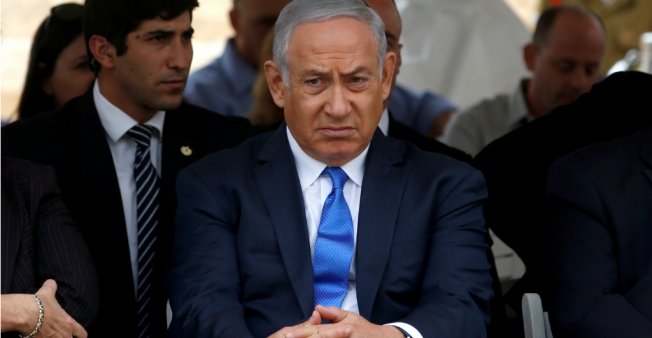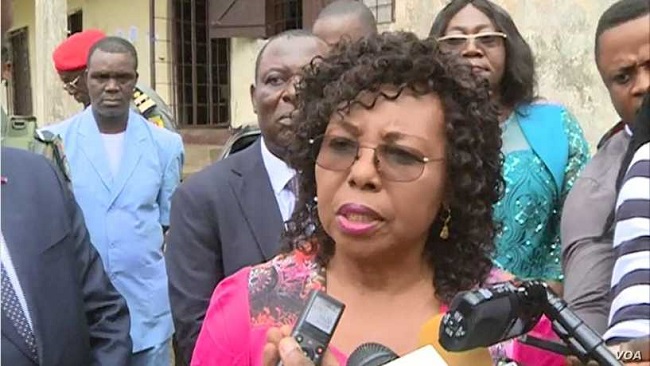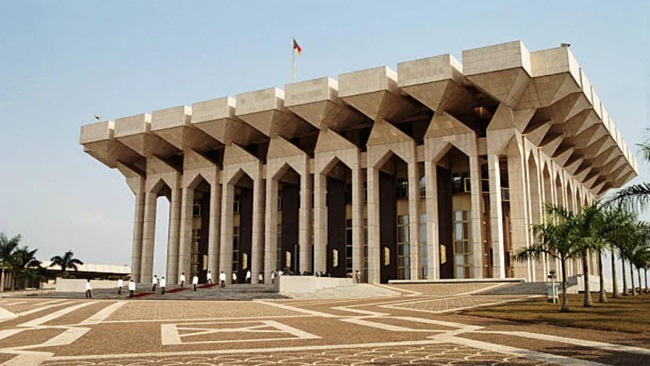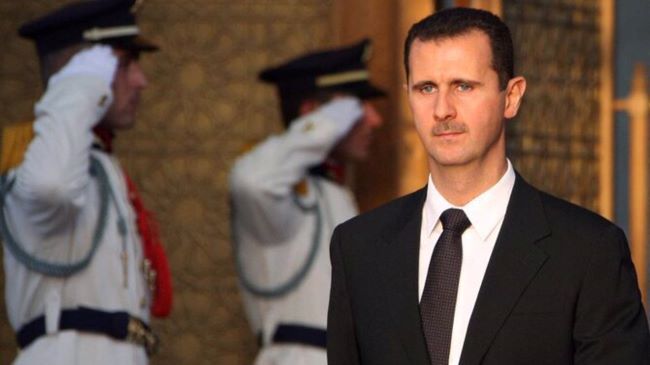10, December 2024
Israel’s Netanyahu takes the stand in historic corruption trial 0
Israeli Prime Minister Benjamin Netanyahu takes the stand on Tuesday in his long-running trial for alleged corruption, setting off what’s expected to be a weeks-long spectacle that will draw unwelcome attention to his legal woes as he faces an international arrest warrant for war crimes and the fighting in Gaza continues.
It is the first time an Israeli prime minister is testifying as a criminal defendant, an embarrassing milestone for a leader who has tried to cultivate an image as a sophisticated and respected statesman.
Netanyahu arrived at the packed courtroom ahead of his testimony, appearing at ease and shaking hands with members of his Likud party who were in attendance. Before taking the stand, Netanyahu’s lawyer laid out the defense’s case, and attempted to poke holes in the indictment.
Netanyahu will answer during his court appearances to charges of fraud, breach of trust and accepting bribes in three separate cases.
He is accused of accepting tens of thousands of dollars’ worth of cigars and champagne from a billionaire Hollywood producer in exchange for assisting him with personal and business interests. He is also accused of promoting advantageous regulation for media moguls in exchange for favorable coverage of himself and his family.
Netanyahu, 75, denies wrongdoing, saying the charges are a witch hunt orchestrated by a hostile media and a biased legal system out to topple his lengthy rule. His testimony caps years of scandals that have swirled around him and his family.
“Eight years I’ve waited for this day. Eight years I have waited to present the truth. Eight years I am waiting to knock down once and for all these deluded and absurd charges against me,” Netanyahu said defiantly on the eve of his testimony. “These investigations were born of sin. There was no offense, so they found an offense.”
Dozens of people gathered outside of the court in Tel Aviv, some protesting against Netanyahu, including family members of hostages held in Gaza, and also a group of his supporters. A banner draped in front of the court read: “Crime Minister.”
Under Israeli law, indicted prime ministers are not required to step down. But the charges against Netanyahu cleaved deep divisions in Israel, with protesters demanding he resign and former political allies refusing to serve in government with the Israeli leader, triggering a political crisis that led to five elections in less than four years beginning in 2019.
Netanyahu’s supporters view the charges as the result of the justice system’s bias and overreach.
Despite the pressure, the polarizing Netanyahu has rejected calls to step down and has used his position as prime minister to lash out at law enforcement, media and courts.
The testimony, set to take place six hours a day, three days a week for several weeks, will take up a significant chunk of Netanyahu’s working hours, prompting critics to ask if he can capably manage a country embroiled in a war on one front, containing the fallout from a second, and keeping tabs on other potential regional threats, including from Iran or the recent fall of Bashar Assad in Syria.
An Israeli court rejected a request by Netanyahu’s lawyers to reduce the expected testimony hours, as well as several other requests to delay the start of the testimony, which they said were necessary because of the prime minister’s busy schedule and the country’s significant challenges.
Source: FRANCE 24 with AP


























11, December 2024
Ban on NGOs: Rebecca Enonchong weighs in on Atanga Nji’s performance 0
Despite Paul Atanga Nji’s continued stay in office as Minister of Territorial Administration, his recent suspension of several NGOs is now being branded a disaster by many including renowned businesswoman Rebecca Enonchong.
Biya regime suspended the activities of several NGOs and associations for three months, and banned two other entities. The decision was defended by Paul Atanga Nji, Minister of Territorial Administration, who justified it on the grounds of suspected illicit financing, money laundering and terrorist financing.
The organisations targeted by this measure include the Charitable Socio-cultural Association of Cameroon (ACSCC), Reach Out Cameroon (ROC), the Réseau des droits humains en Afrique centrale (REDHAC) and the L.M Nanje Foundation INC. The suspensions and bans were issued without prior notice, sending shockwaves through the human rights community.
On social network X, Rebecca Enonchong denounced the measure. ‘Suspending human rights groups by an administrative measure, without due process, is pure provocation. Defending these organisations is our duty. We cannot allow our common rights to be flouted with impunity’ noted the businesswoman.
Atanga Nji, the conman par excellence had told his bosses in Yaoundé that if accorded the territorial administration portfolio, he would end the crisis in Southern Cameroons given that he knew the terrain and was an Anglophone.
The man with very limited formal education is now seeing the end of the massive scam that his government has put in place and has decided to destroy the civil society.
By Rita Akana